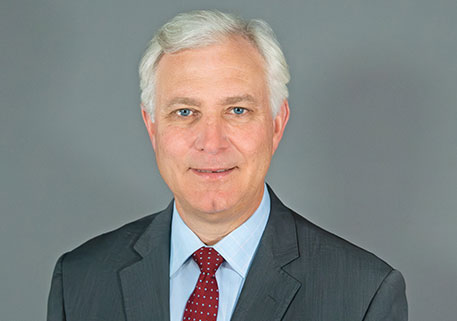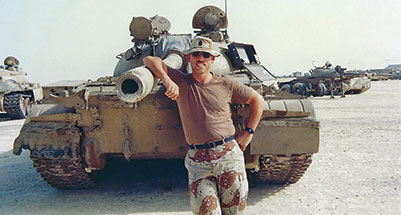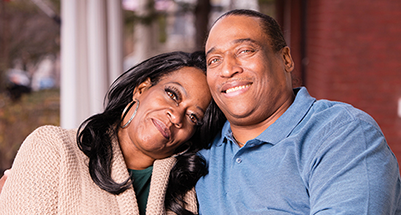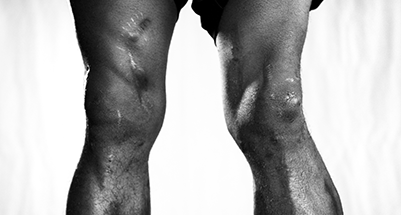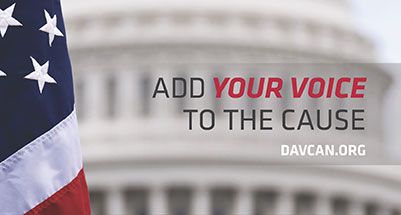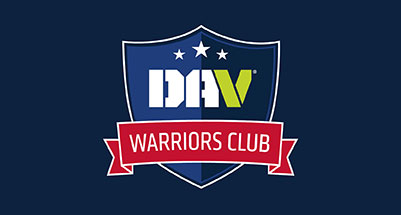Read the full report here
I was severely injured in a land mine explosion while on a combat patrol in the Batangan Peninsula in South Vietnam. I spent 18 months recovering at Walter Reed Army Hospital and another six months at the Cleveland VA Medical Center where I underwent multiple surgeries, extensive treatments and physical therapy before I was able to return home. There I was, fortunate to have a family who provided me the support and assistance I needed to continue my recovery. Despite the severity of my injuries, I count myself fortunate that I was able to live a rich and fulfilling life.
But some of the men I served with returned home with wounds far worse than mine. Over the years I have met many men and women who lost limbs, suffered extreme burns, were rendered blind, developed serious illness or experienced some other life-altering impairment as a result of their military service. In the most severe cases, these disabilities necessitated the use of a full-time caregiver to tend to their basic everyday needs.
In a single instant, their lives were changed forever. But so, too, were the lives of the spouses, parents and even children who selflessly stepped in to care for these men and women.
Family caregivers sacrifice so much of themselves in order to give their loved ones the highest quality of life possible. Yet the American public is largely unaware of who these caregivers are, what role they play in a veteran’s life and the unique obstacles they face.
This report and DAV’s new veteran caregiver survey were commissioned to answer those questions. Our goal is to shed light on the challenges veteran caregivers face, including some inequities in how the federal government treats different groups of caregivers. For instance, current policy stipulates that only veterans injured on or after Sept. 11, 2001 are eligible for the full package of caregiver supports offered through the Department of Veterans Affairs.
DAV has been leading the charge to right this injustice. We are grateful that so many of our post-9/11 veterans and caregivers are receiving the assistance they need. We know from their feedback that the support they get—training and education, financial stipends, health insurance and respite care—makes an enormous difference in their ability to effectively manage their caregiving responsibilities and still maintain their own health and well-being.
It is our hope that Congress and the administration will enact legislation that ensures all severely disabled veterans—no matter when they served—have equal access to all of these life-changing benefits. Family caregivers not only enhance the quality of life disabled veterans experience but also save the government significantly in long-term health care costs. Expanding VA’s caregiver support program is not just the right thing to do, but the smart thing to do as well.
As a nation, we have a sacred obligation to care for America’s veterans. For the most severely disabled, that also means ensuring that their family caregivers have the tools and resources they need to continue performing the many tasks required of them.
It’s time we thank and honor these unsung American heroes properly by giving them the full measure of recognition and support they deserve.

